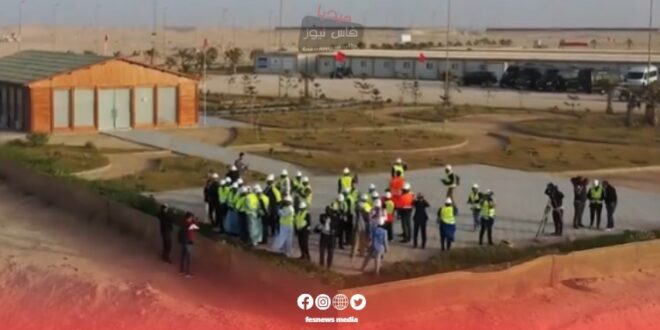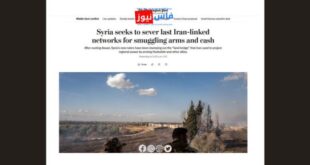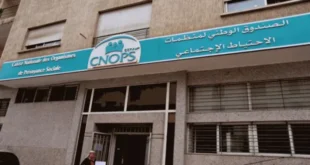In a notable development reflecting the geopolitical shifts in the region, ambassadors from Burkina Faso, Niger, Mali, and Chad visited the Atlantic Dakhla Port in Morocco. This visit follows these countries’ withdrawal from the Economic Community of West African States (ECOWAS), indicating a new direction in their foreign and economic policies.
During the visit, Nasreen Iwzi, the project director, provided a detailed explanation of how this large-scale project aligns with the royal vision to facilitate access for Sahel countries to the Atlantic Ocean. It appears that this vision aligns with the aspirations of the visiting countries, especially as they seek economic and trade alternatives after leaving ECOWAS.
The Atlantic Dakhla Port is a strategic project for Morocco, aiming to strengthen the kingdom’s position as a major commercial and maritime gateway to West Africa. This port is expected to provide landlocked Sahel countries with direct access to the Atlantic Ocean, potentially boosting their economies and facilitating their international trade.
This visit comes at a time when the region is witnessing significant political and economic changes. The withdrawal of these countries from ECOWAS reflects their desire to reposition themselves regionally and internationally, and to seek new partnerships that may be more beneficial to their national interests.
Through the Atlantic Dakhla Port project, Morocco appears to be aiming to capitalize on these changes, reinforcing its role as an important regional player and a reliable economic partner for the Sahel countries. This project could provide Morocco with an opportunity to strengthen its relations with these countries and possibly influence their stances on other regional issues.
However, there are challenges to achieving this vision, including logistical and security challenges in the Sahel region, as well as potential competition from other ports in the area.
In conclusion, the visit of Sahel country ambassadors to the Atlantic Dakhla Port is an important step toward enhancing regional cooperation and opening new horizons for economic development. It remains to be seen how these relationships will develop in the future and whether they will lead to new strategic alliances in the region.
From: Fes News
 فاس نيوز ميديا جريدة الكترونية جهوية تعنى بشؤون و أخبار جهة فاس مكناس – متجددة على مدار الساعة
فاس نيوز ميديا جريدة الكترونية جهوية تعنى بشؤون و أخبار جهة فاس مكناس – متجددة على مدار الساعة




 و
و 















